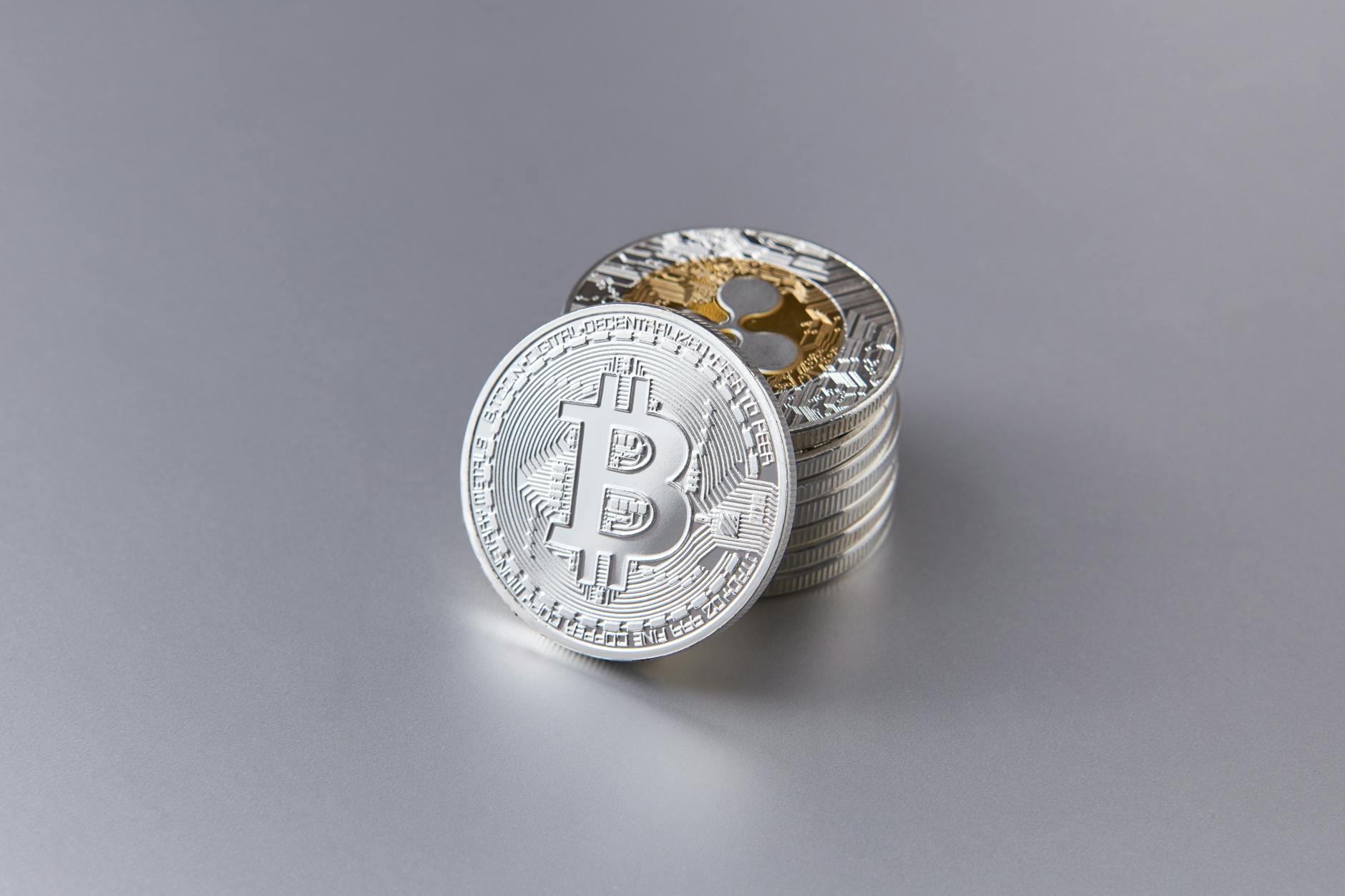Ripple CEO Brad Garlinghouse's recent announcement about settling their protracted legal dispute with the SEC marks a pivotal turn not just for the company but for the cryptocurrency industry at large. By putting an end to this 'years-long case', Ripple is poised to refocus its efforts on business operations and expansion amid evolving regulatory landscapes. What's next for Ripple, and what does this mean for the broader market?
The battle between Ripple and the SEC has been a litmus test for how digital currencies are viewed and treated under U.S. securities law. The resolution of this confrontation could set a precedent for how other cryptocurrencies might navigate regulatory hurdles in the future. It's not just about one company's survival but about setting a framework that could influence the entire sector. According to The Block, this outcome could potentially pave the way for more clear-cut regulations concerning digital assets.
Financial technology and the integration of digital currencies into mainstream finance have often been hampered by legal ambiguities. With Ripple's recent settlement, we may see acceleration in the adoption of blockchain technologies and cryptocurrencies within formal financial systems. Companies contemplating blockchain integration can now look at Ripple's case as a reference point. It's not merely about overcoming legal obstacles but about understanding and influencing regulatory frameworks to favor technological advancement and market expansion.
Ripple's journey through the legal system also underscores the necessity for robust legal strategies within fintech companies. It's a stark reminder that navigating the fintech landscape requires not just technological expertise but a keen understanding of global regulatory environments. For those operating in the cryptocurrency space, such as platforms offering payments using crypto or those involved in iGaming sectors, Ripple’s case may serve as a crucial learning curve for developing future compliance and operational strategies.
In conclusion, the resolution of Ripple's legal battle with the SEC isn't just about one company getting a reprieve from years of courtroom drama. It's a watershed moment that may shape the regulatory conversations surrounding digital currencies. For Ripple, it's a chance to steer clear from legal distractions and focus more on innovation and market expansion. For the industry, it signifies a moving point toward greater regulatory clarity and acceptance, a necessary step if cryptocurrencies are to be genuinely mainstreamed.



